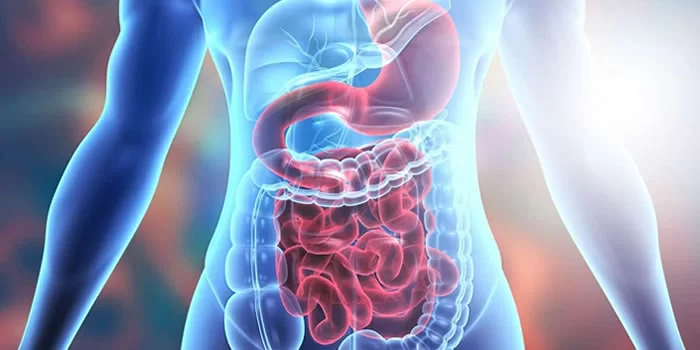
The new research explains how the nervous system in the intestine, the enteric nervous system (ENS), produces propulsion along the intestine, highlighting how similar it is to the behavior of other neural networks in the brain and spinal cord.
The research led by Professor Nick Spencer of Flinders University insists that the ENS in the intestine is the "first brain" and that it evolved in the human brain earlier than the brain as we know it. The new findings reveal important new information about how thousands of neurons in the ENS communicate with each other to cause the muscle layer to contract and push the contents. So far, this has been an unresolved major issue.
In the new paper Communication Biology (Nature), Professor Nick Spencer of Flinders University said that the latest findings are far more complicated than expected, and propelled from the fluid behind it, if there is no inherent tension. The mechanisms of other muscular organs have evolved greatly different systems; such as lymphatic vessels, ureters or portal veins.
Professor Nick Spencer of Flinders University published a new study on Communications Biology to explain how the nervous system in the intestine, that is, how the enteric nervous system (ENS) advances along the intestine, and emphasizes that it is related to How similar are the behaviors of other neural networks in the brain and spinal cord.
This study insists that the ENS in the intestine is the "first brain", which has evolved long before the evolution of the human brain. These new findings reveal important new information about how thousands of neurons in the nervous system communicate with each other, causing the muscle layer to contract and pushing content.












